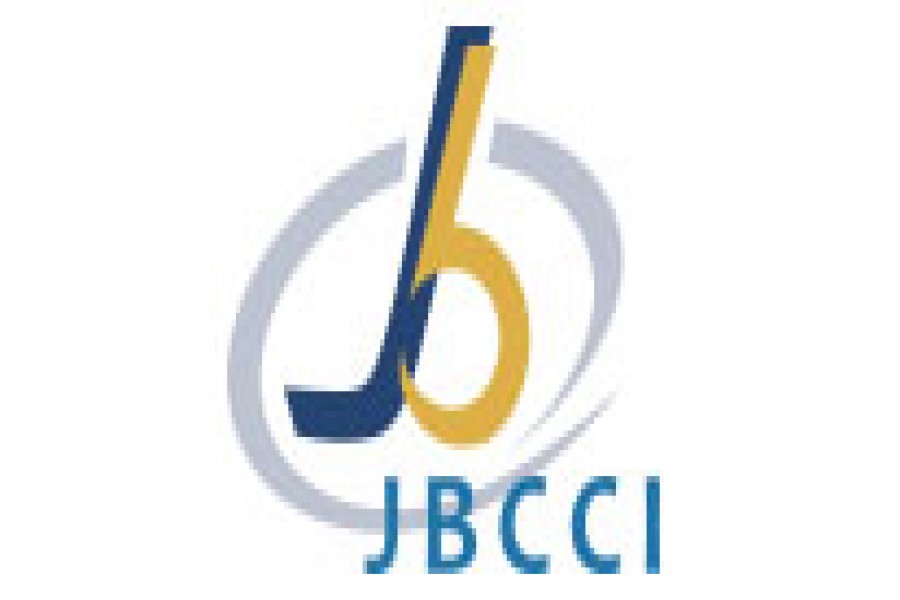Many Bangladeshis identify bikes or motorcycles as ‘HUNDA’; a mispronunciation of ‘HONDA’- the Japanese automobile brand.
Have you ever pondered, why so?
This is because Japanese brands have been shaping the lives of more than three generations of Bangladeshi consumers. Sony, Hitachi, Sharp, Panasonic, Canon, Toshiba, Nikon, Seiko, Citizen, Fujifilm, Epson, TDK, Maxell, Fujitsu to name a few; had paved the way for ‘Japanese Quality’, positioning Japanese brands at the top of the cognition of Bangladeshi consumers.
Japanese brands are easily identifiable, as well as trusted and preferred by Bangladeshi consumers. Brands like Toyota, Honda have been dominating the market since the 1990s, alongside other brands like Nissan, Mitsubishi, Suzuki, Hyndai and so on. According to the vehicle advertisement data of Bikroy.com in 2018, Toyota shared 80% of the automobile market’s popularity.
But the bonds between the countries extend way beyond just quality products.
Japan was one of the earliest countries to officially recognize Bangladesh and warm friendship has fostered between the people of the two countries ever since; with Japan being the biggest bilateral development partner in the history of Bangladesh and the economic relations between the two nations is continuously growing. Since 1974, the total amount of Japan’s committed Overseas Development Assistance (ODA) has reached USD 22 billion.
According to the investment report of the Ministry of Finance of Japan, the investment of Japanese companies in Bangladesh has increased by 40 per cent. Over the past five years, Japan has more than doubled its support for infrastructure development in Bangladesh and will continue to do so due to good bilateral relations.
This is because, Bangladesh and Japan will benefit from the projects currently in implementation attracting more foreign investors, including Japanese ones, for various sectors. Even a decade ago, only 82 Japanese companies had invested in Bangladesh – at a time when the country lacked a proper business environment and infrastructure; the number now stands at 315.
Mr. Yuji Ando, the country representative of JETRO and President of JBCCI recently said “If business environment is drastically improved in addition to basic infrastructure, the day when the number of Japanese firms to double will come in the near future.”
Sumitomo Corporation, one of the largest conglomerates in Japan is developing a Special Economic Zone (SEZ) along with BEZA in Araihazar, Narayanganj and it is slated to open at the end of 2022. On December 1, 2020, His Excellency Japanese Ambassador to Bangladesh Mr. Naoki Ito visited the site to observe the progress of the construction of this SEZ and during the visit, he expressed that the new Economic Zone would become a game changer to accelerate the inflow of foreign direct investment to Bangladesh, particularly Japanese investment in the near future. He also said USD 1.0 billion is expected to be invested in this Zone.
JTI acquired local conglomerate Akij Group's tobacco business for approximately USD 1.5 billion, making it the single largest FDI in the Bangladesh private sector till date.
“Since the acquisition in December 2018, we contributed BDT 8,500 crores (~USD 1.0 billion) to NBR in different forms making us the second-largest revenue contributor to the national exchequer.” said Mr. Zakir Ibne Hai, Corporate Affairs and Communications Director of JTI Bangladesh.
Honda on the other hand had invested a total of Tk 230 crore on buildings, equipment, facilities, and a land area of 25 acres setting up a motor cycle manufacturing plant since 2018.
Large automobile giants from Japan are also in discussions to set up plants in Bangladesh in the near future.
In June 2020, Japan East West Medical College Hospital was inaugurated, which is a 300-bed joint venture project between Ship Healthcare Holdings of Japan and Aichi Medical Group of Bangladesh. It will be expanded to 600 beds soon and the group is also planning to make a large investment for a 1000-bed cancer hospital in Purbachal area soon.
Such foreign investment is recognized as a key ingredient for economic growth for the least developed countries (LDCs) and for Bangladesh, and Japan has been the biggest benefactor.
Japanese companies have identified the fact that the domestic market of Bangladesh with 170 million consumers is growing rapidly with the country exhibiting improvement in areas such as power generation, transport, and port facilities in the last 10 years; all set to achieve developing country status by 2021.
Additionally, during the last 10 years, the country's GDP reached USD 300 billion and a per capita income of USD 2,064 bringing down the poverty rate to 21 percent from 40 percent.
Meanwhile, per capita has crossed an important threshold of USD 2000, which means the spending capacity of people will increase faster, which has increased Bangladesh’s potential as being a destination of investment.
FDIs help developing countries like Bangladesh to build up physical capital, create employment opportunities, develop productive capacity, enhance skills of local labor through the transfer of technology and managerial know-how, and help integrate the domestic economy with the global economy.
China, Vietnam, Indonesia, Thailand, Cambodia, Malaysia, Philippines have been on the receiving end of Japanese investment for the last few decades and every country has benefitted immensely from the Japanese FDI that has influenced shifts in industrial structure and policies, increased labour productivity, contributed to production technology and above all cemented the reputation of win-win attitudes of Japanese companies.
Bangladesh should also use this as an opportunity to increase Japanese investment which will create employment opportunities as well as revamp the economy from the negative effect of the pandemic. Bangladesh should also try to sign Free Trade Agreement (FTA) with Japan as soon as possible as it will be extremely beneficial to Bangladesh in the post LDC era.
It is even more apparent now with the ongoing crisis; going forward, FDIs can greatly help to recover in the post COVID world.
-rmc/
Tareq Rafi Bhuiyan (Jun) is the General Secretary/Director of JBCCI and Managing Director of NewVision Solutions Ltd., a research and consultancy company.
[email protected]


